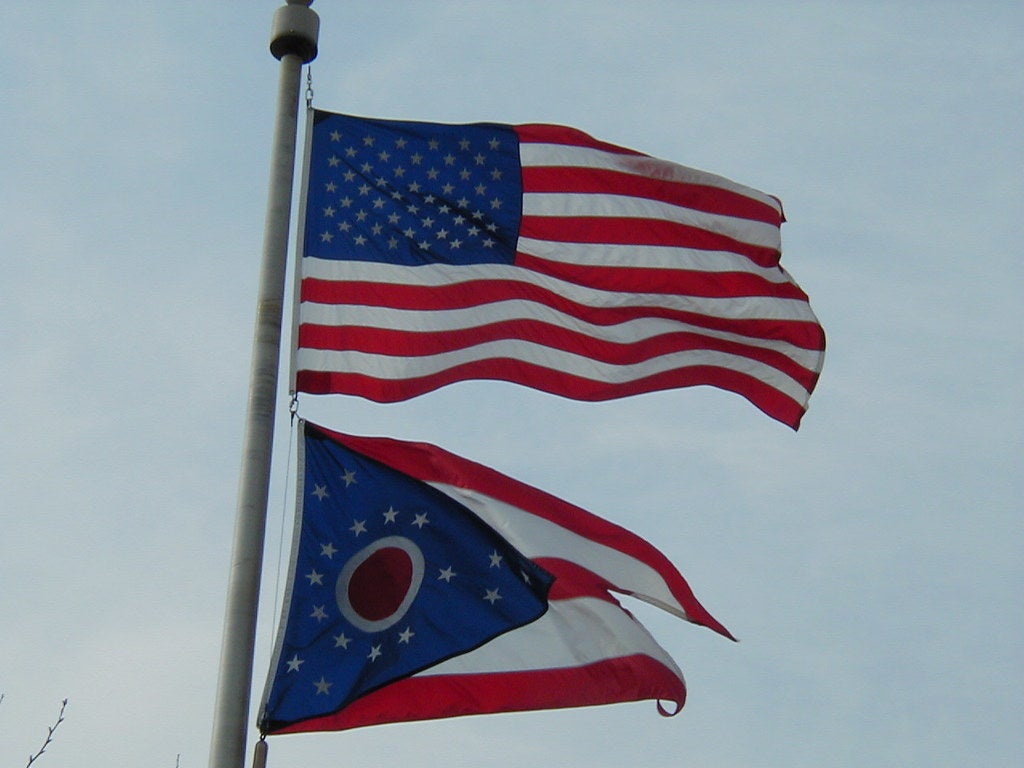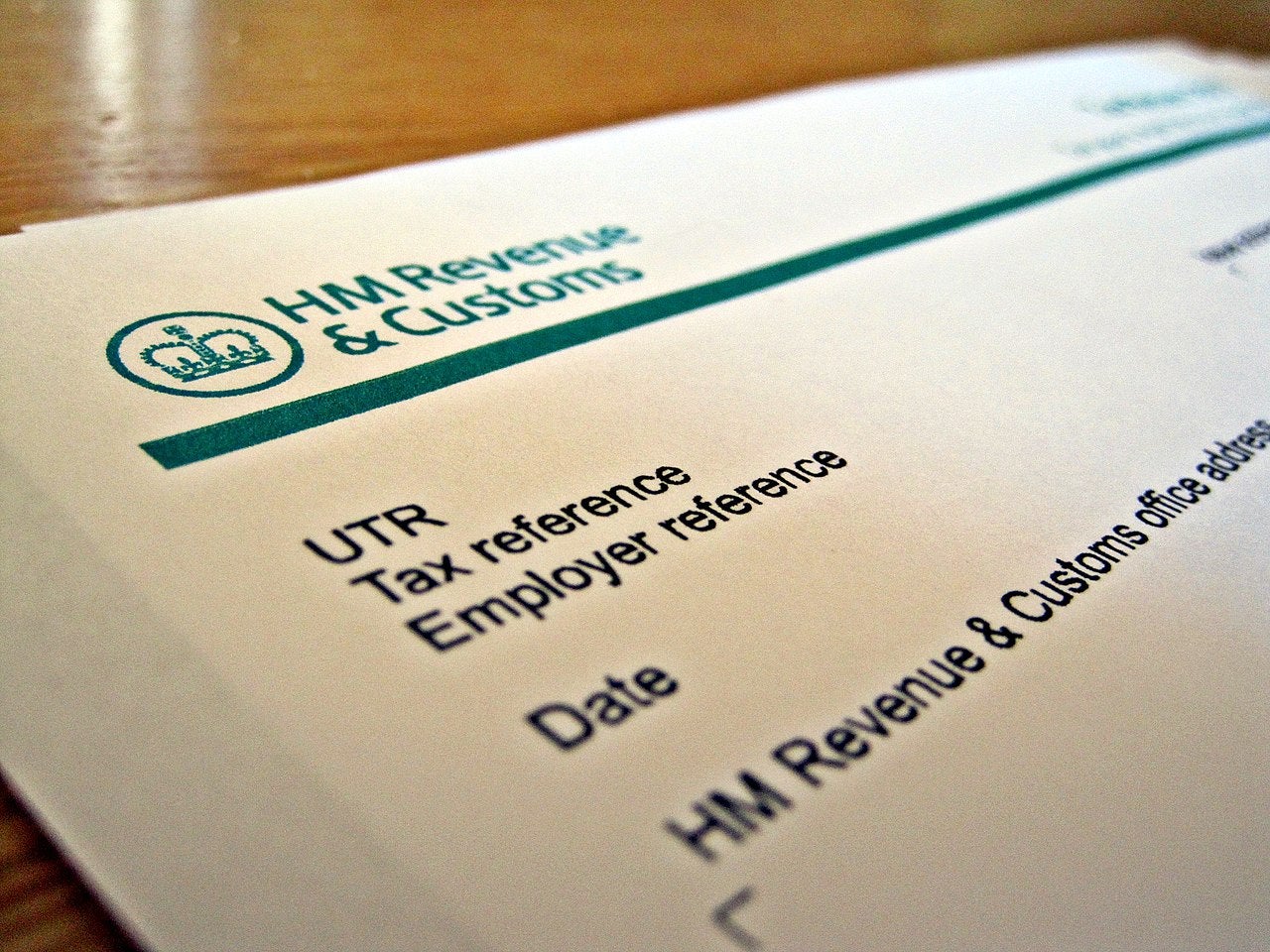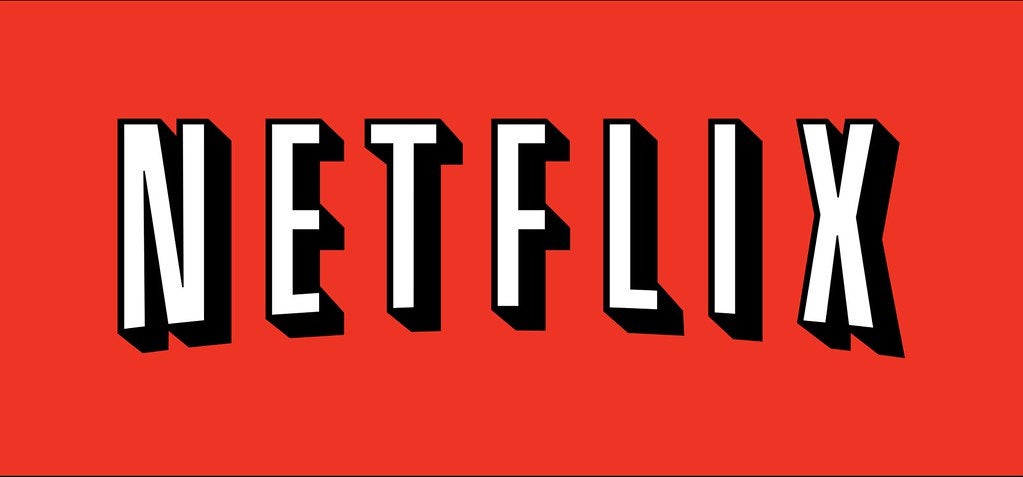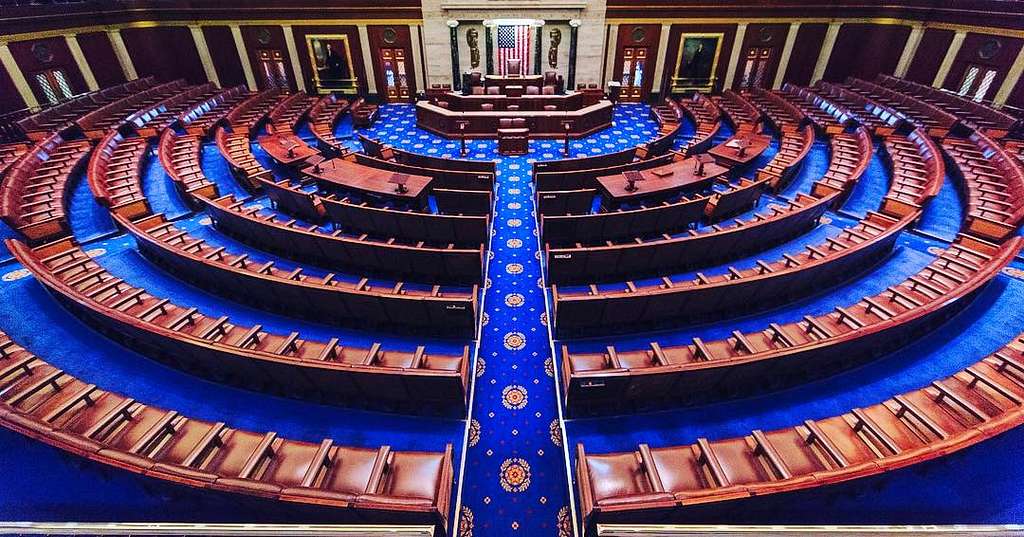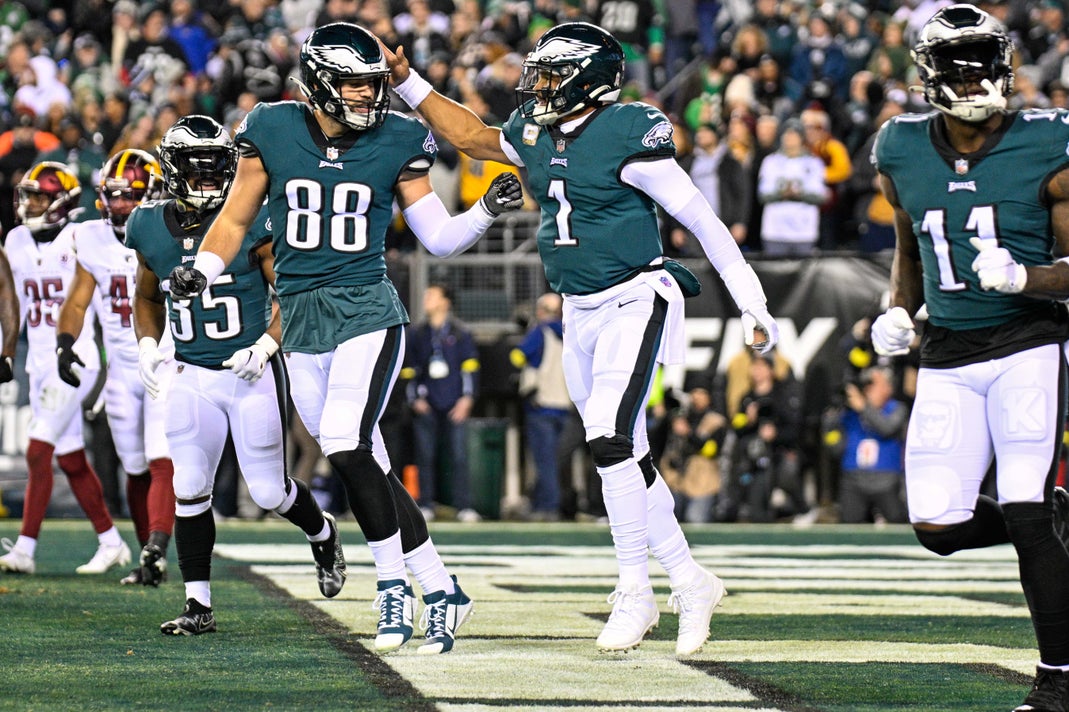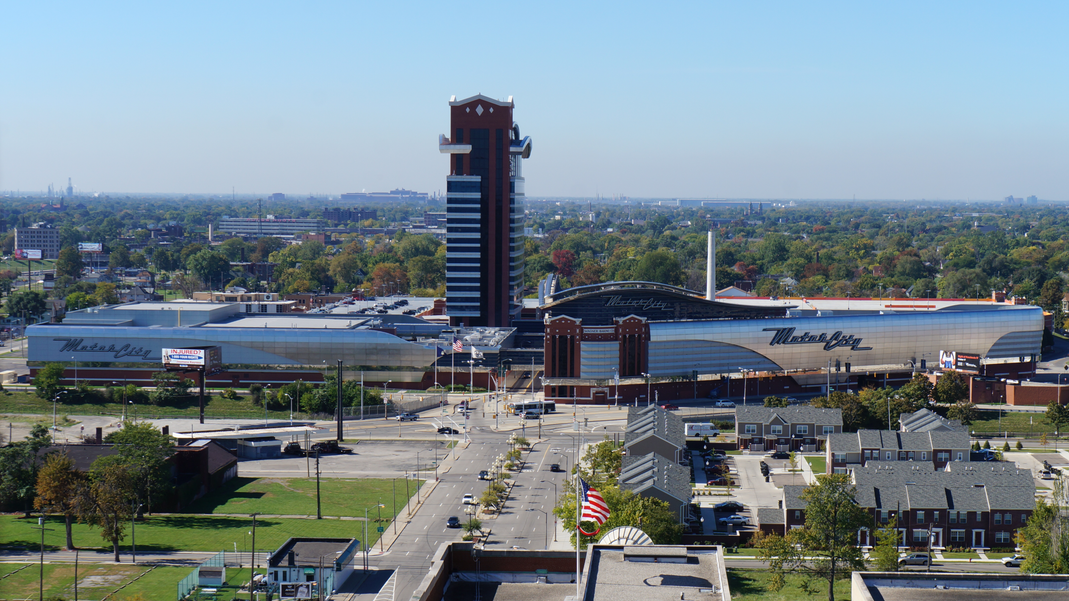Operators’ breakdown
As mentioned, Hollywood Columbus led the market just as it has grown accustomed to. The $24.7 million total was also ahead of the $23.6 million it generated during June and was casinos’ fourth-highest monthly output of the year.
Hard Rock Cincinnati was next in line and experienced the largest YoY change, growing its revenue 11.6 percent to $22 million. The surge in revenue helped the property overtake Jack Cleveland Casino for the state’s third-ranked facility.
Jack Cleveland held onto the bronze medal, although just. It generated $21.5 million, marking the lowest YoY improvement of 1.4 percent. However, the casinos generated $8.2 million in table game revenue, which produced the largest share of the state’s $23.7 million monthly total.
Hollywood Toledo brought up the rear with $20.7 million in revenue, which was a 9.6 percent increase on the $18.9 million that was reported in July 2024.
Slot machines contributed $65.2 million to the final revenue total, up about 8.5 percent from the $60.1 million total that was reported the year before.
Ohio’s dominant gambling market
Data and information website Statista found that Ohio had the sixth-largest gaming market in the U.S. in 2024. Only Nevada, Pennsylvania, New Jersey, New York, and Michigan were higher on the list.
Despite that, Ohio’s gaming market could be set to take a large step forward. The state is currently discussing the legalization of online casinos, which are currently only available in seven states.
While Gov. Mike DeWine (R) said the state already had “enough gambling,” lawmakers introduced two primary bills—Senate Bill 197 and House Bill 298—which would legalize online casinos, online lottery, and online horse racing betting.
The state’s openness to expansion is not universal. The OCCC sent a letter to sportsbooks warning them against partnering with prediction platforms to offer sports event contracts following partnership deals involving FanDuel and Underdog.
“Any business relationship between an Ohio sports gaming licensee (including its related entities or those under common ownership) with any entit(ies) offering or facilitating the offering of unlicensed sports gaming in Ohio calls into question the reputation of the licensee and the integrity of sports gaming in Ohio,” the letter read.”
Legalizing online casinos could result in $400-800 million in annual tax contributions, according to estimates for House Bill 298. Sports betting already produced $180.8 million in gaming taxes last year.


